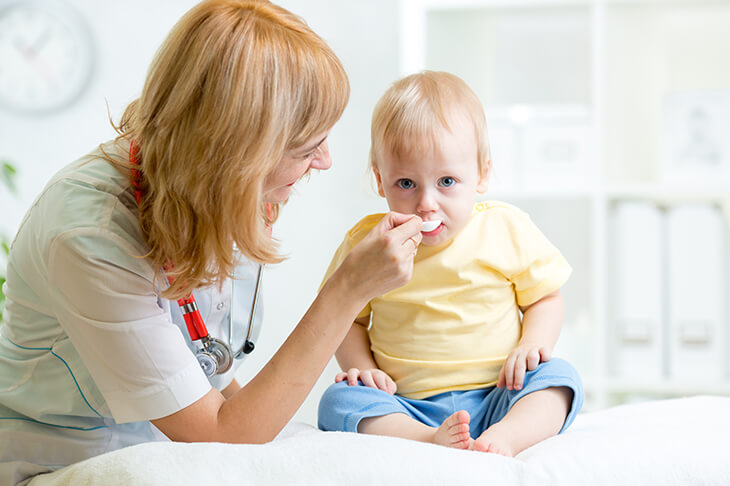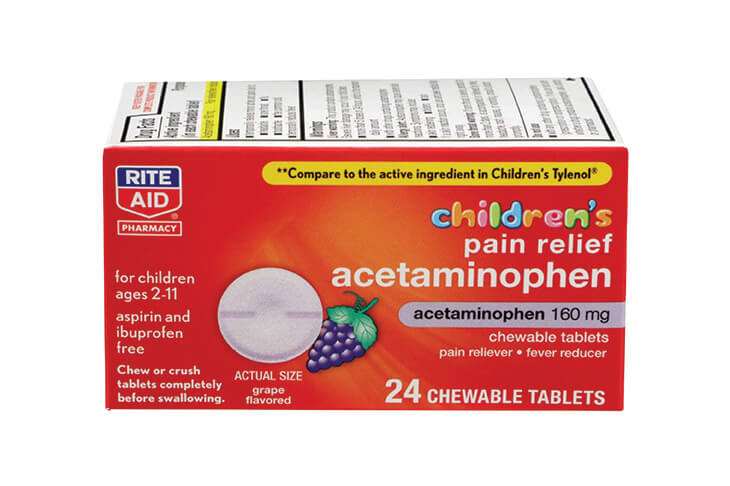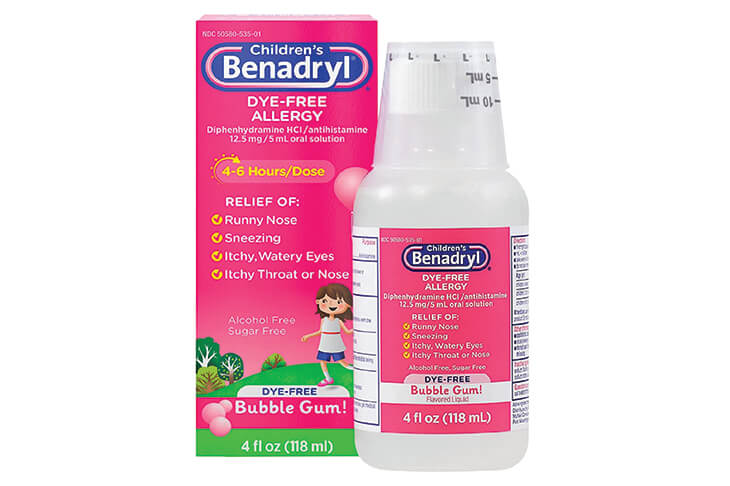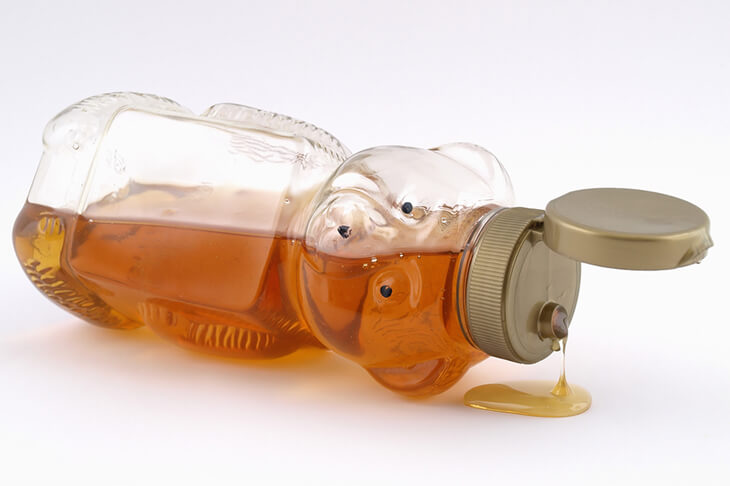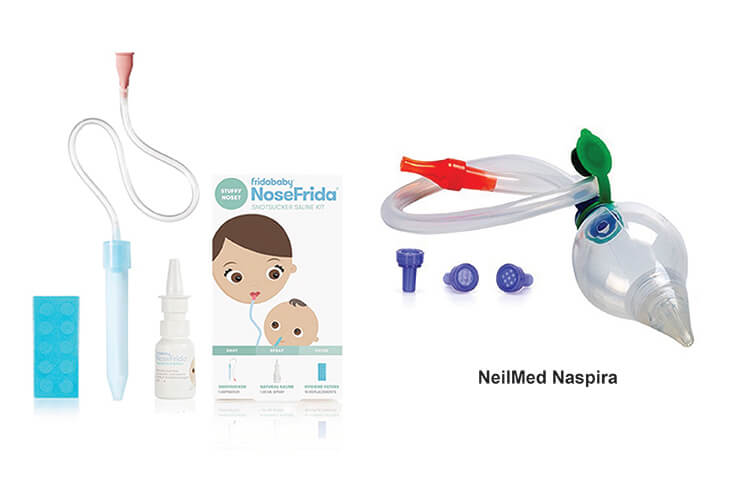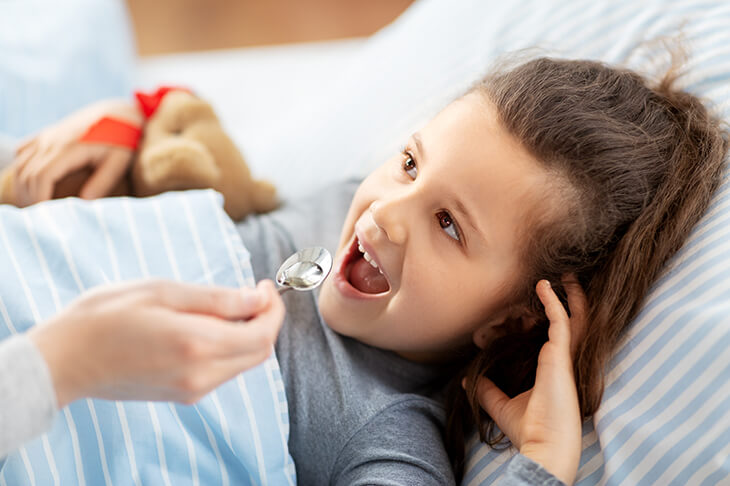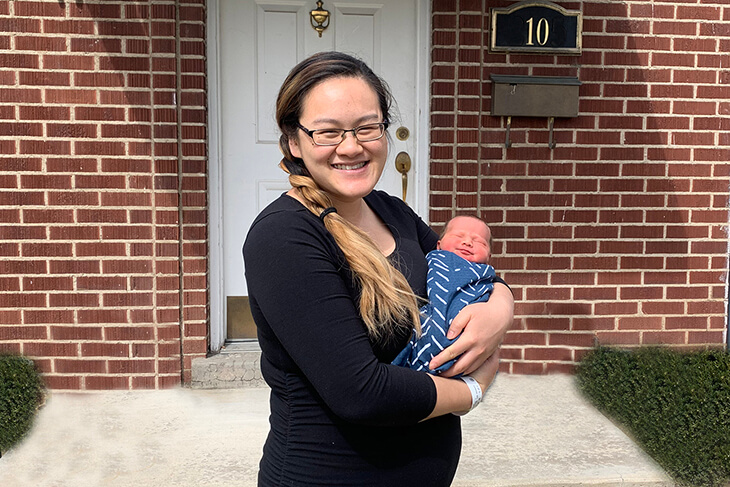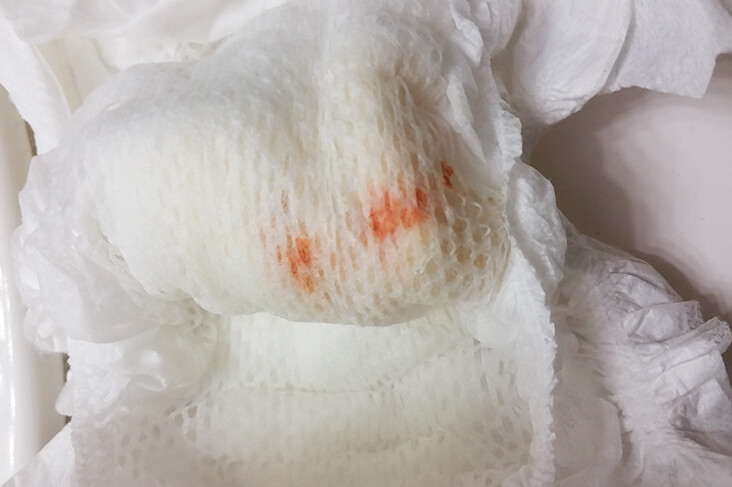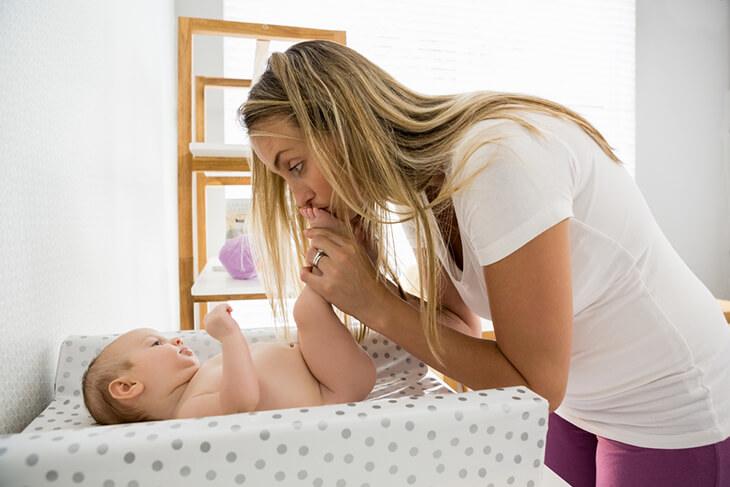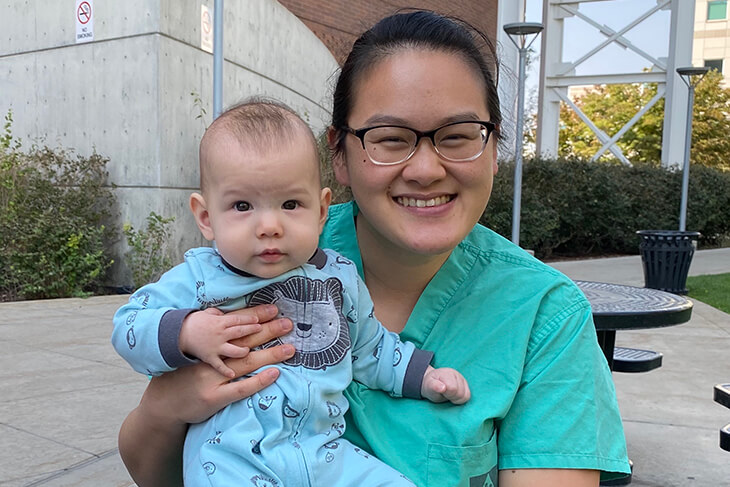If you are planning to become pregnant, there are certain things you can do to increase the odds of good health for you and your baby. Some actions you take in advance can also significantly decrease the risk of certain birth defects. While some birth defects cannot be prevented, others are linked to the mom’s health and actions before and during pregnancy.

Folic acid supplementation
Every woman who might become pregnant should take a prenatal vitamin with 400 mcg of folic acid. Folic acid, also called vitamin B9, is an essential nutrient that helps develop the baby’s brain and spinal cord. This development usually happens early in pregnancy before a woman knows she is pregnant, so planning is essential. Some foods are also enriched with folic acid, such as fortified bread, pasta, and cereals. Eating a healthy, varied diet in addition to taking a prenatal vitamin will ensure that your body is getting the nutrients it needs for a healthy pregnancy.

Avoid alcohol, smoking, and drugs
There is no known safe level of alcohol, tobacco, or drugs like marijuana to consume during pregnancy. These substances can be harmful at all stages of pregnancy, including in the very early stages. It is best to avoid these substances altogether if you plan to become pregnant. If you need help to stop smoking or using a drug, please reach out to your healthcare provider.
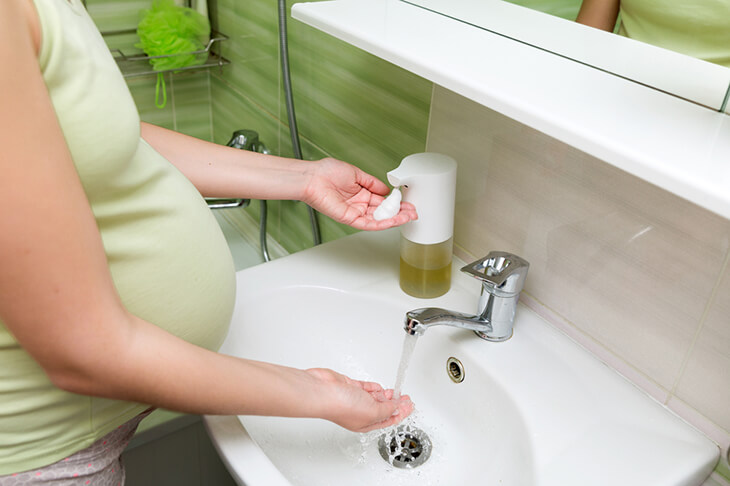
Prevent infections
Some infections can cause pregnancy complications and birth defects if the mother has them during pregnancy. These infections include rubella, cytomegalovirus (CMV), toxoplasmosis, mosquito-borne illnesses like Zika and West Nile viruses, and many sexually transmitted diseases. If you are pregnant or planning to become pregnant, you should protect yourself from these diseases. Ensure you are up to date on your immunizations and talk to your healthcare provider to see if you need additional vaccines. Avoid travel to places where high-risk diseases like Zika are common. If you have a cat, you should avoid changing the litter box, which is a potential source of toxoplasmosis infection. And of course, it is a good idea to practice basic sanitation and infection prevention techniques like frequent handwashing and avoiding sick people.
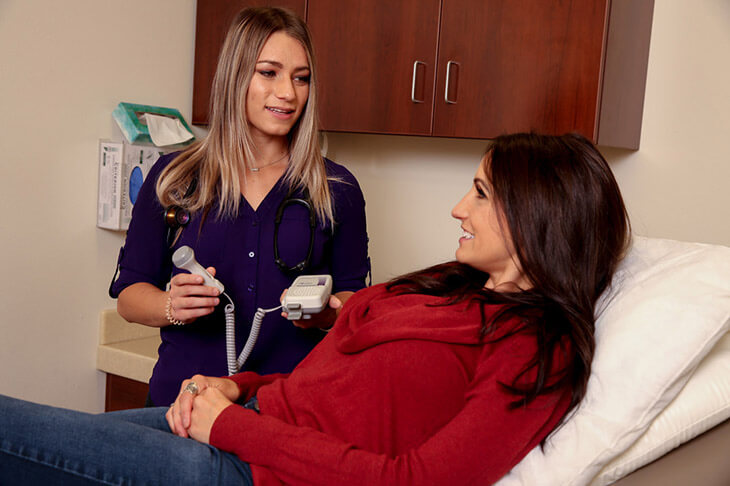
Check-in with your healthcare provider
Stay in close contact with your healthcare providers before and during pregnancy. If you have any chronic health conditions, you should make sure these are well controlled before becoming pregnant. For example, diabetes is a common health condition that can affect a baby’s growth and development if not controlled. Blood pressure problems, bleeding and clotting disorders, mental health conditions, and many other health problems can also affect pregnancy. Some prescription medications can cause birth defects and are unsafe to take during pregnancy. If you take any prescription medications and might become pregnant, you should make an appointment with your healthcare provider to discuss a plan for these medications.

Take care of yourself
Finally, take care of yourself! Pregnancy is an exciting time, but it can also be quite stressful. It may seem like everyone has an opinion about what pregnant women should and shouldn’t do. Make sure you get your information from trusted sources. Remember that some aspects of pregnancy are simply out of your control, and trying the best you can to care for yourself and your baby is enough. At Canyon View Women’s Care, our goal is to help women have happy, healthy babies. We would love to take care of you before, during, and after your pregnancy and answer any questions you have. Call us at 801-465-2559 for a preconception consult or pregnancy-related visit.
Alyssa Heath, PA
Canyon View Women’s Care

